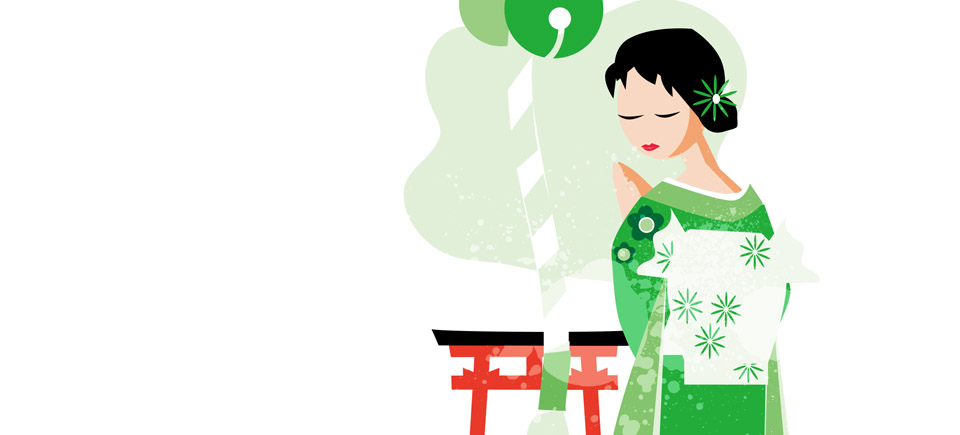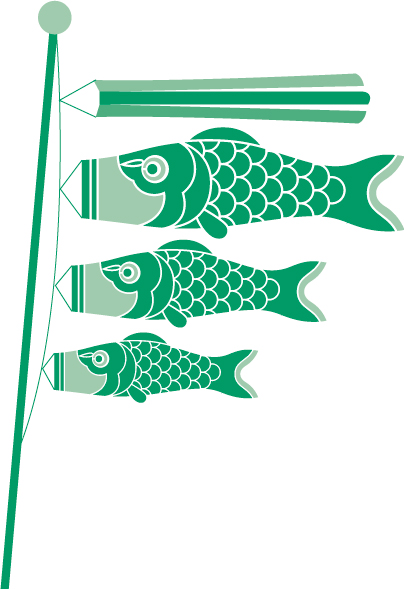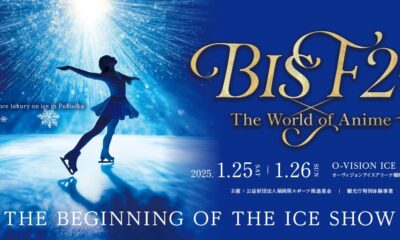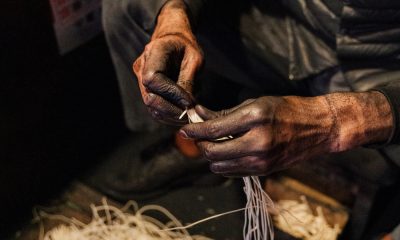Language
Feeling lucky?
あけましておめでとう! (Happy new year!)
If you’re celebrating the new year in Japan, then you need to know all about ohatsumōde 初詣 – the first Shinto shrine visit of the Japanese New Year. Some people visit a Buddhist temple instead, but either way, it’s custom to visit on the first, second, or third day of the new year.
This is where you can buy omamori 御守 (charms or amulets), and ema 絵馬 (wooden wishing plaques), and make your wishes for the coming year.
Want to know what’s in the stars for you in 2015, year of the hitsuji 羊 (sheep)? Well, another common custom during hatsumode is to buy a written oracle called omikuji 御神籤. The omikuji goes into detail, and tells you how you will do in various areas in your life, such and business and love, for that year.
Your fortune is decided by some kind of lottery, depending on the shrine. For a small fee, you may either draw a numbered stick from a wooden box, or simply pick a folded strip of paper at random. Either way, you will end up with a small piece of white paper revealing your fortune.
Your luck, or misfortune as it may be, is usually divided into seven main categories, so keep an eye out for the kanji below.
If your omikuji predicts bad luck, don’t worry, it’s not all doom and gloom. You can tie it onto a tree on the shrine grounds, in the hope that the bad luck will stay with the tree, and not follow you home, and the prediction will not come true. Good luck!
Useful Expressions
| 大吉 | daikichi | Great blessing. (Big luck! You hit the jackpot.) |
| 中吉 | chukichi | Middle blessing. (Medium luck. Not bad.) |
| 小吉 | shoukichi | Small blessing. (Only a little luck. Could be better.) |
| 吉 | kichi | A blessing. (Kind of lucky. Good try.) |
| 末吉 | suekichi | Future blessing. (Fingers crossed?) |
| 凶 | kyo | Curse. (Bad luck.) |
| 大凶 | daikyo | Great curse. (Certain disaster. Brace yourself.) |








